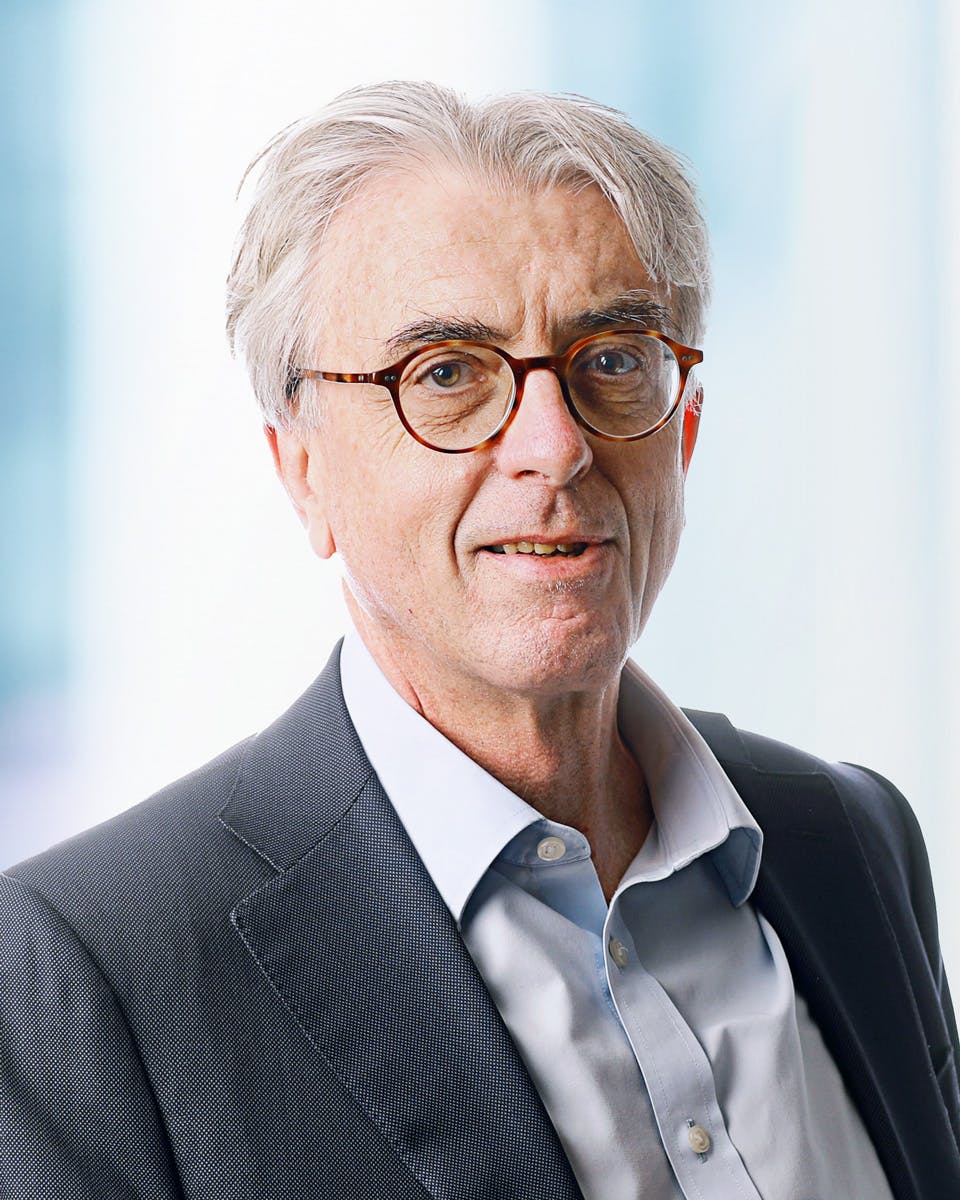
“Contributing to European sovereignty in electric mobility“
The automotive industry is undergoing a revolution. The transition from combustion engine to electric vehicle is fundamentally changing the way vehicles are designed and how they are used. This technological revolution is accompanied by a reconfiguration of international trade in this sector, insofar as new car manufacturers have entered the electric vehicle market directly.
China is a case in point, as it decided to invest significantly in developing its electric mobility ecosystem in the 2000s because it was lagging behind in the internal combustion engine. Its capital goods suppliers and its commodity production and refining players now dominate the market. This situation is bound to change. Car manufacturers want to diversify their supply chains and the European Union has taken up the issue in order to develop industrial sovereignty in the area of mobility.
23.2%
The share of transport - of goods and people - in total greenhouse gas emissions in the European Union. Nearly 72% comes from road transport.
Source : Eurostat, August 2023.
In this context, Automotive Cells Company is a pioneer and one of the European flagships of this emerging industry. Our roadmap is simple to articulate, but very ambitious: we intend to produce enough electric batteries by 2030 (about 2.5 million per year) to equip part of the vehicles of European manufacturers and thus help guarantee France’s independence. We have a long way to go and extremely tight deadlines to meet! 2023 was a pivotal year for us, with production starting up at our first gigafactory(1) at Billy-Berclau Douvrin in northern France.
It’s a defining and emotional moment of which I am doubly proud: from an environmental standpoint, because our first batteries will soon be fitted in the Peugeot e-3008, contributing to zero-emissions mobility; and from an economic and social standpoint, because we are fostering growth based on sustainable jobs and a new industrial revolution in the Hauts-de-France region, the cradle of combustion engines. Things are gathering pace, with the opening of a second gigafactory production block in the same municipality scheduled for early 2025, and others in Kaiserslautern (Germany) and Termoli (Italy) in the coming years.
Our production capacity is ramping up and moving towards the target set, of 120 GWh by 2030, i.e. nearly 2.5 million batteries produced per year. Our industry is extremely capital-intensive in terms of investment for the construction of gigafactories, and expensive at the operational phase. While we can count on the support of our three shareholders and the public authorities, there’s no way we could have grown as fast as we have without the help of the countries in which we operate or without our financial partners, first and foremost BNP Paribas, which believes in the relevance of our project and has created an unprecedented financing scheme to help us write the next chapter in our history.
Automotive Cells Company (ACC)
Operating in the electric car battery sector, ACC has experienced dazzling growth since its creation in 2020, with a Research & Development centre in Bruges (Bordeaux, France) and a state-of-the-art pilot plant in Nersac (Angoulême, France) since 2021, and its first gigafactory inaugurated in mid-2023. ACC is a joint venture of Stellantis, Mercedes-Benz and Saft-Total Energies. Supported by France, Germany, Italy and the European Union, it currently employs 1,500 people.www.acc-emotion.com
